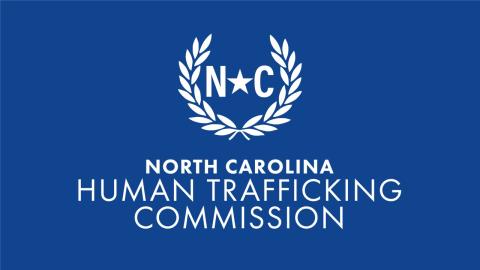Chief Justice Paul Newby Proclaims January 2022 as Human Trafficking Awareness Month for the Judicial Branch
Article contents

Supreme Court of North Carolina Chief Justice Paul Newby has proclaimed January 2022 as Human Trafficking Awareness Month in the Judicial Branch by way of a judicial order. Since 2010, January has been recognized as National Slavery and Human Trafficking Prevention Month by a presidential proclamation. The anniversary of the presidential proclamation, January 11, is known as National Human Trafficking Awareness Day.
"Our state continues to experience cases of both sex and labor trafficking crossing all demographic lines," said Chief Justice Newby. "Combating human trafficking requires all branches and all levels of government to work together in partnership to end the exploitation and victimization."
North Carolina has made significant progress over the last decade in reducing human trafficking, thanks in large to the efforts of the North Carolina Human Trafficking Commission (NCHTC). The Commission is housed within the North Carolina Administrative Office of the Courts and works to increase awareness and foster partnerships to bring services to survivors.
"Public awareness and education of the signs of human trafficking is critical to identifying victims and traffickers, and to preventing this crime from happening in the first place," said Jennifer Haigwood, chair of the North Carolina Human Trafficking Commission. "The North Carolina Human Trafficking Commission continues to work on increasing public awareness and education, and appreciates all our collaborative partners who help us increase public understanding of this terrible crime."
MORE INFORMATION AND RESOURCES
The North Carolina Human Trafficking Commission is the legislatively mandated leader of anti-human trafficking efforts in North Carolina per S.L. 2013-368. The Commission is charged primarily with examining and combating human trafficking; funding and facilitating research; creating measurement, assessment, and accountability measures; informing and educating law enforcement personnel, social services providers, and the general public; suggesting new policies, procedures, and legislation; and developing regional response teams and identifying gaps in law enforcement or service provision and recommending solutions.